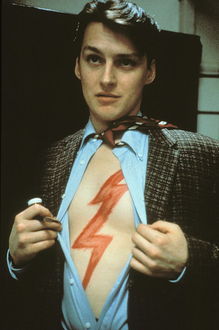SharoneWright wrote:Pat Gillick didn't hesitate to say "hitter" when asked about this while he was in town.
His argument was based on replaceability,, his belief that there is a vast pool of good arms with which you can backfill your rotation, but a real scarcity of premium bats in the league.
Well he was talking about the draft so I'm not sure you want to absolutely attribute that logic in this case. If he or I had to choose, everything else in a vacuum, between starting with a premium bat or a premium pitcher, I'd take the positional player because of scarcity, but if you look at the argument strictly as which can have a larger effect on a season for a ballclub, as several here were doing, I think I would argue the pitcher is more valuable and I don't think you can say Gillick would disagree, although I don't know his stance on this. Still if you look at the Phillies or the pitching acquisitions he made for the Blue Jays I think you'd agree he must think pitching is pretty darn valuable.
So if it's a question of roster building, you start and focus on acquiring positional players because they are the hardest place to acquire true difference makers, but if you were trying to assess what single player can have the most impact above replacement on your club overall, I think you'd give the nod to the elite starting pitcher. What leans you towards the positional is if you have resources, as a GM you can always acquire a starting pitcher significantly closer in WAR to the elite SP and you may not be able to do the same for position players. Sometimes there just aren't any decent guys on the market and trading for one would cost way more than trading for their equivalent WAR value in a SP.


























